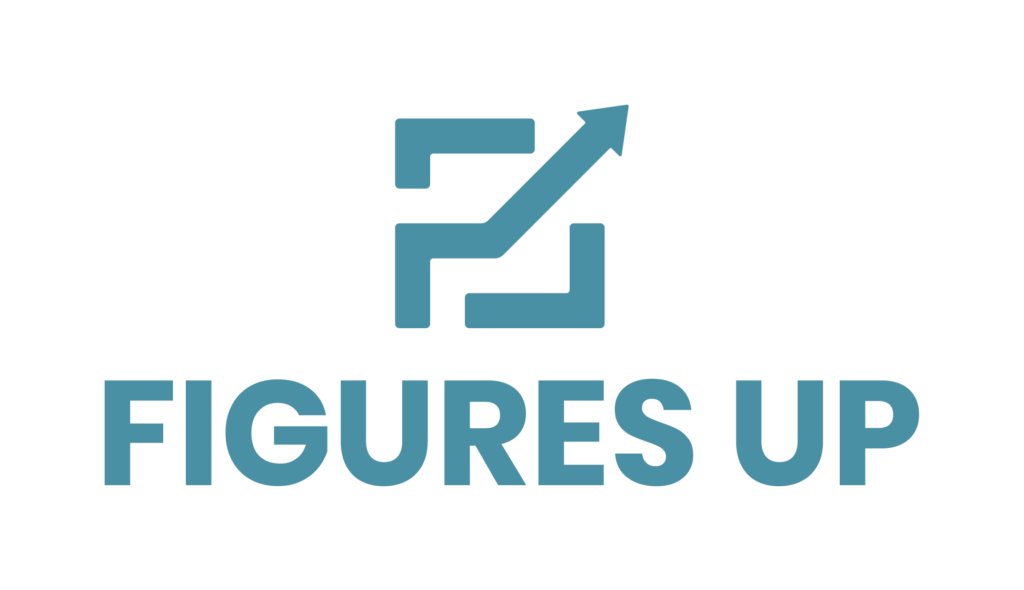If you’re a small business owner in Australia, you’ve probably heard that you “need a bookkeeper.” But what does a bookkeeper actually do? And is it really worth the cost — especially when you’re just trying to stay afloat?
The short answer? Yes — and this article will explain why.
In 2025, with changing ATO regulations, rising business costs, and time at a premium, a qualified bookkeeper can be one of the smartest investments you make.
📚 What Does a Bookkeeper Actually Do?
A bookkeeper’s role goes far beyond just entering numbers into a spreadsheet. They help organise, manage, and maintain the financial health of your business.
Here’s what a professional bookkeeper typically does for an Australian small business:
1. Record Daily Transactions
- Categorise income and expenses
- Match bank feeds to invoices and bills
- Ensure all data is accurate and up to date
2. Manage Accounts Payable & Receivable
- Send and follow up on customer invoices
- Enter and schedule payments for supplier bills
- Track overdue accounts
3. Reconcile Bank Accounts
- Match bank transactions with accounting records
- Identify and resolve discrepancies
- Ensure no transactions are missed
4. Prepare & Lodge BAS (if registered)
- Track and report GST, PAYG, and other obligations
- Prepare Business Activity Statements (BAS)
- Lodge on time and avoid ATO penalties
5. Handle Payroll & Superannuation
- Process wages, overtime, and leave
- Calculate and pay super contributions
- Ensure compliance with STP (Single Touch Payroll)
6. Generate Financial Reports
- Profit & Loss Statement (P&L)
- Balance Sheet
- Cash Flow Reports
- Budget vs Actual
These reports help you understand how your business is tracking and make better financial decisions.
🧾 What’s the Difference Between a Bookkeeper and an Accountant?
This is a common question.
| Bookkeeper | Accountant |
| Manages day-to-day finances | Focuses on tax strategy & financial advice |
| Prepares BAS, bank recs, payroll | Prepares tax returns, financial statements |
| Works weekly/monthly on your books | Usually works annually or quarterly |
| Helps with compliance & organisation | Helps with planning & analysis |
💡 Tip: For most small businesses, having both a bookkeeper and an accountant is ideal. Your bookkeeper keeps things tidy, so your accountant doesn’t charge extra to clean it up at tax time.
💡 Do You Really Need a Bookkeeper?
Here’s how to know:
✅ You need a bookkeeper if:
- You’re behind on reconciling or invoicing
- You don’t know how much profit you’re making
- BAS lodgement gives you a headache
- You’re using a shoebox for receipts
- You want better cash flow and fewer surprises
❌ You might not need one (yet) if:
- You’ve just started and have no sales or expenses
- You’re managing 1–2 invoices a month and know your way around Xero
- You’re doing it really well yourself (with no stress or errors)
But even then — time is your most valuable asset. A bookkeeper helps you buy back time, avoid costly mistakes, and grow faster.
💬 What Does It Cost to Hire a Bookkeeper in Australia?
Bookkeeping costs vary depending on your business size and complexity. But here’s a rough guide:
| Type of Support | Average Cost |
| Freelance/Part-time | $35–$70/hr |
| Australian Bookkeeping Firm | $500–$3,000/month |
| Full-time employee | $70K–$100K+/year (plus super) |
At Figures Up, our bookkeeping packages start from just $100/month, including BAS assistance, reconciliations, payroll support, and monthly reporting.
🎯 Final Thoughts
A bookkeeper helps you stay compliant, informed, and in control of your business finances. Whether you’re a tradie, café owner, creative, or eCommerce seller — you didn’t start your business to spend hours doing admin.
Let us handle the numbers, so you can focus on what you do best.



